Tim Rodenbröker, a creative coder and lecturer, discusses the intersection of art and technology emphasizing that art education should focus on promoting and training technological literacy, as it is essential to reflect on technology as a tool and societal player. In a technology-driven world, the role of the artist/designer might shift from creating towards curating. One main problem that Rodenbröker sees when it comes to institutes of higher arts education is a lack of a clear vision and inability to sharply formulate the “why” of what they’re doing.
More:
www.timrodenbroeker.de
www.instagram.com/tim_rodenbroeker
My name is Tim Rodenbröker. I’m a creative coder basically, and I’m also a design educator. I’m teaching creative coding at design academies. And I’m researching, let’s say, the philosophical aspects of creative coding in the context of art, design and education. I’m also building an e-learning platform on my website, exploring what it means to build an online community for creative coding.
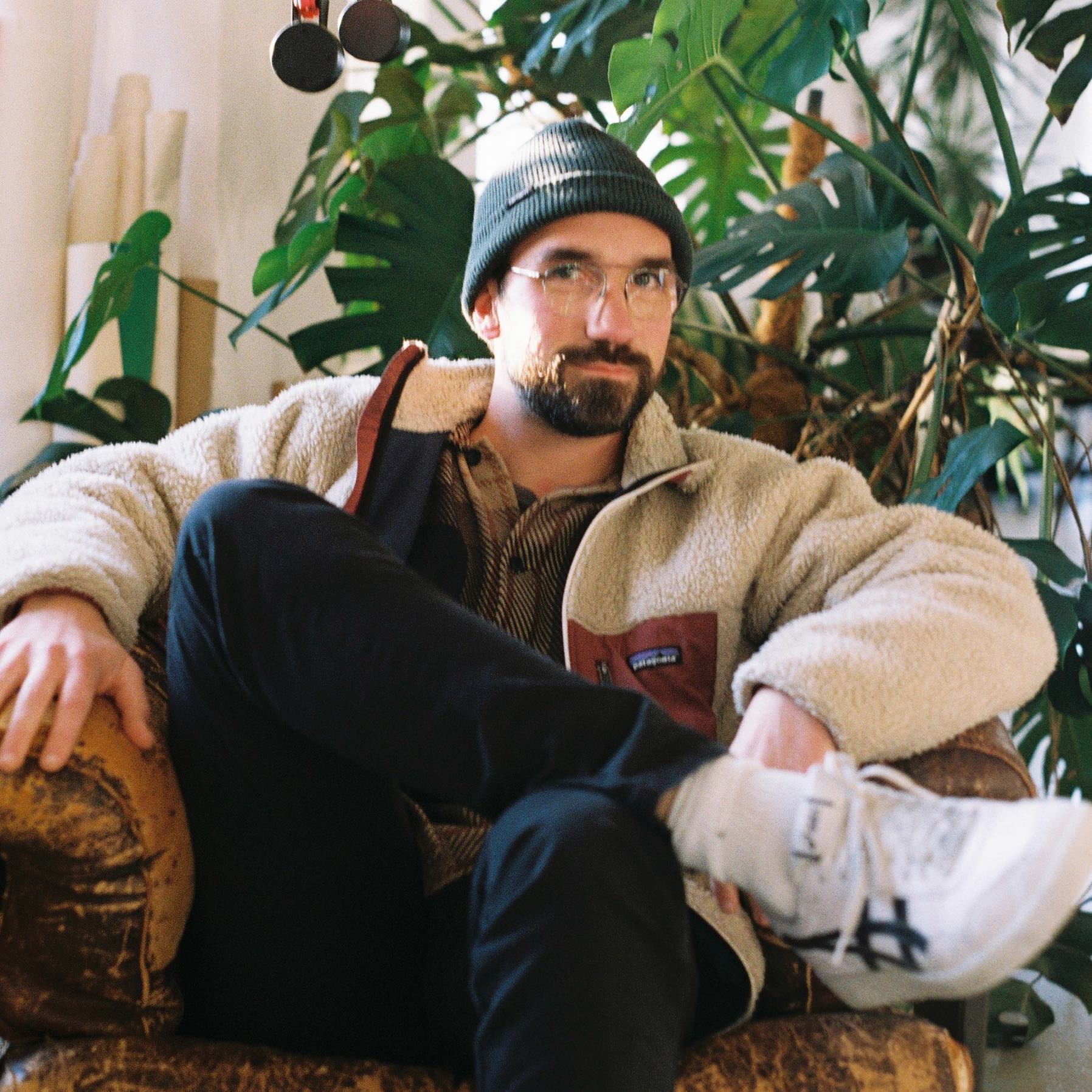
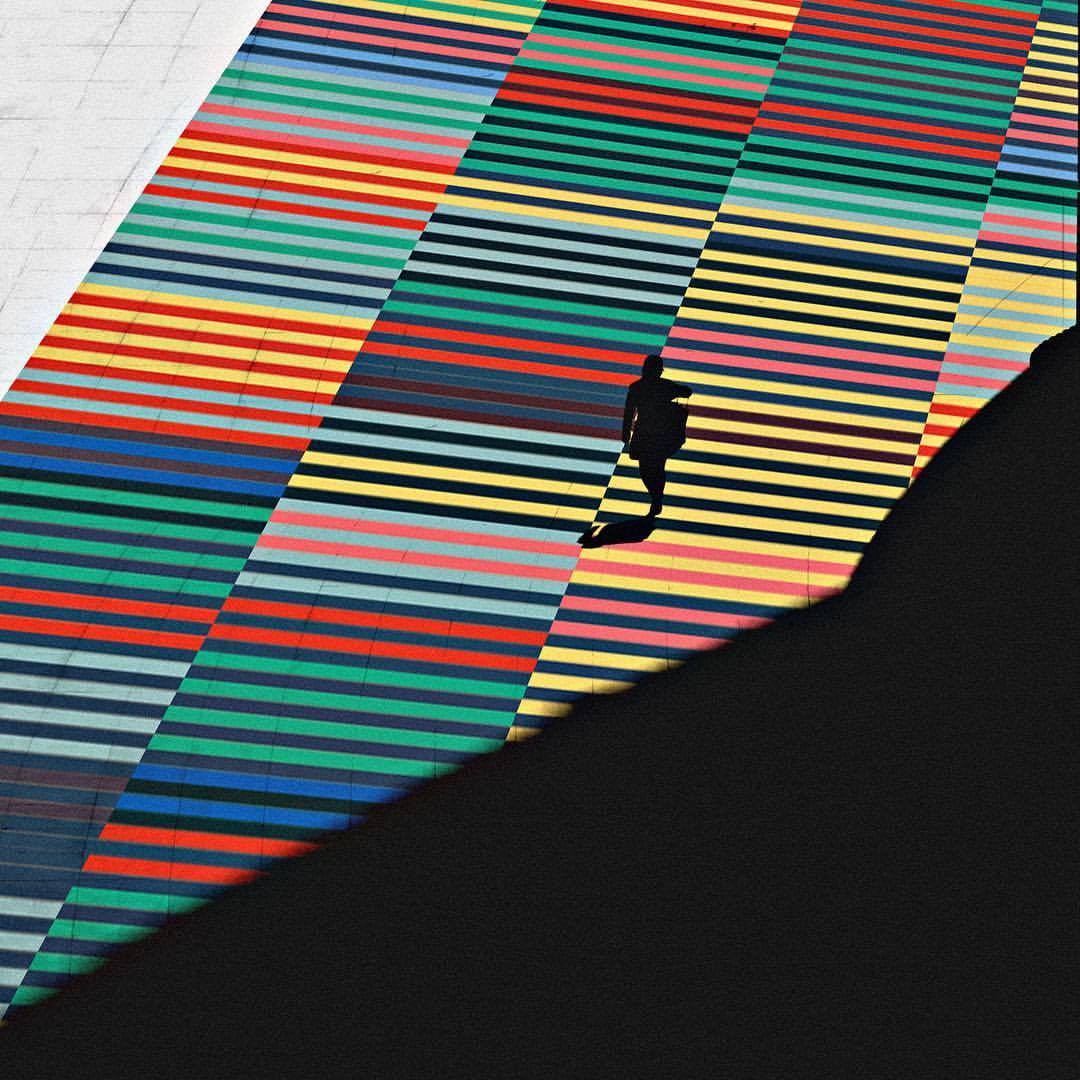
I’ve always been aiming at studying in the artistic field. For me, this provides an opportunity for developing an own personality, to follow my intrinsic motivations. I have always perceived this as very fulfilling and valuable for my life. It is still a very important aspect of my work. I love researching. I love working creatively, exploring my personal creativity. I love working with people and with groups. And I also love sharing my knowledge. And doing this in a higher education context is especially fulfilling.
Well, of course because of COVID 19, we have had a massive shift in terms of digitization. So most of the teaching, also in the arts, went digital. To be honest, I hope that we will ever have a situation – in a few months hopefully – where we can meet again in real life. I find zoom meetings very effective, but I think digital educational tools are just an add-on. They cannot replace a physical conversation between people, especially in art education. Let’s hope we will have at least 50% of physical classes in the future.
Art Education is a very important entity in society, or basically the arts in general are a very important entity in society. We live in a time of very rapid digitization and very rapid change and disruption in many areas. The arts enable people to reflect on those processes. Art enables people to develop images, products, services or ideas that reflect what happens in our society. And that’s something I find very inspiring. For myself. That is how I perceive my work. And that’s also the perspective I want to give to my students. That’s why art and design is very important, right? We need new ideas to deal with the changes in the future.
Let’s look at digitization. I mean, this is an exponential process, right? The more the digitization evolves, the more we need people and artists with digital and coding literacy. For me, art is very much connected with technology, as a way to build and create artifacts that enable people to develop a perspective on those developments.
The massive changes in society, climate change for example, require new ideas on how to deal with these challenges. I see many design universities moving into the direction of dealing with such wicked challenges, and thinking about how to trigger new ideas or to develop new perspectives on how we consume goods, for example. Yet, still, some academia and universities that I have visited as a lecturer are mainly driven by the economy. They are still educating students to become a successful designer, with success defined from a mainly capitalist perspective. And that is rather sad, because this perspective is just a little piece of the whole picture. And moreover, art and design educational institutions don’t really have much pressure from the market. They don’t have to develop ideas that are only aiming to make money. So here’s a big chance I think for society to kind of ‘use’ design education to develop ideas for new perspectives on future problems.
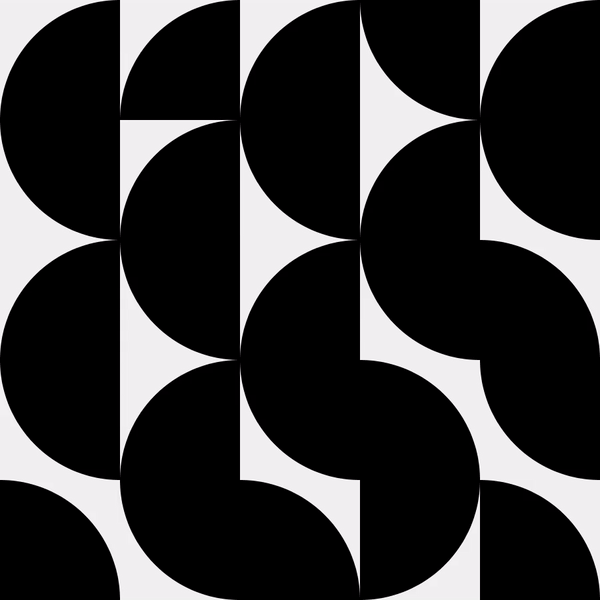
What I see, especially from my point of view as a creative coding educator, is that my students build systems that generate images. That means the students themselves don’t create those images. The images are created by the systems they create. This idea is also very present on social media: creatives start rethinking their role, shifting from let’s say a craftsman to a curator who works with ‘visual systems’ that generate images. That’s something I find interesting because I’m still not really sure how these images will be perceived in the future. We are currently in an interesting phase where it is very new and feels kind of uncomfortable. Images made by robots, images made by artificial intelligence. These sort of scare us a bit, but at the same time they look fascinating and it’s interesting to see what will happen in the near future, or in a more distant future. How will we evaluate those images? In which directions will these aesthetics move? I find those questions really interesting.
FAST45
They certainly are!
Sometimes when I look at art and design institutions, I miss a philosophy. I miss a philosophical foundation that tells us why we should study at this school. At the moment, many schools are establishing digital arts programs. Sometimes it feels like they do this too quickly and also, that they have to resist very strong forces from the internal institutional politics.
What might help is a clear educational identity. I mean, the answers are out there. Not really going into the ‘why’ should not be an option.
I am very inspired by a publication titled “code@art” by Georg Trogemann and Jochen Viehoff. In the foreword they state that programming can be a tool for reflection on exponential digitization. Or in other words, that programming can be seen as a tool to empower young creatives to create artifacts that basically reflect the developments in our society. And that’s something I find very inspiring.
I find programming very important in arts education because it enables young creatives to build ‘code literacy’. This code literacy enables them to survive in the digitized world outside, while at the same time also questioning everything that happens in terms of digitization. It enables them to create artistic statements and artifacts that expose the anatomy of digitization.
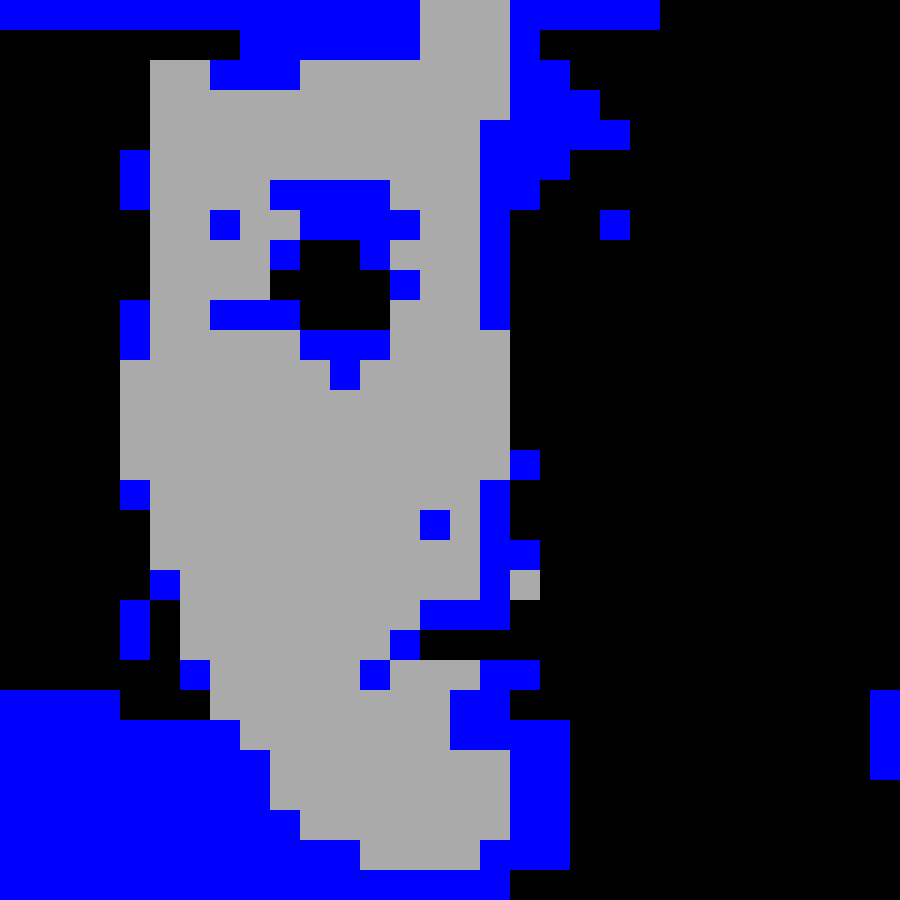
Yes, of course! Definitely! But there’s something very powerful specifically in programming: programming is about creating the very fundamental building blocks of software. And everything is driven by software, right? Technologies often change very quickly, but the basic building blocks are quite robust. I want to teach my students a basic vocabulary that will enable them to work creatively with modern technologies. I am interested in confronting my students with the basic structures of computers, overcoming their fear of them and discovering entirely new creative possibilities within them.
Exactly! It’s about looking into the black box, right? It’s about looking into the machine room, it’s about eliminating the fear of complex technologies. It’s also about building a culture around deconstructing technologies, a culture also of upcycling and recycling, refurbishing computers and understanding how they work, instead of being just consumers who use tools or products that are basically closed source and don’t allow us to change anything. I mean, when we think about the tools we use daily, we’re so dependent on the manufacturers. Once a little piece is broken, it’s basically trash, right? That’s all very questionable, especially from an ecological point of view.
Yes! It’s a bit problematic though that the overall perception is that this tinkering is just something that the nerds do. I would love to establish this tinkering mindset into the mainstream. Tinkering really is something beautiful. And I don’t mean that everyone has to be a tinkerer. I mean, pottery, painting and sculpting are super valuable too of course. Just a little bit more uptake of this tinkering mindset in the mainstream could solve many problems though…
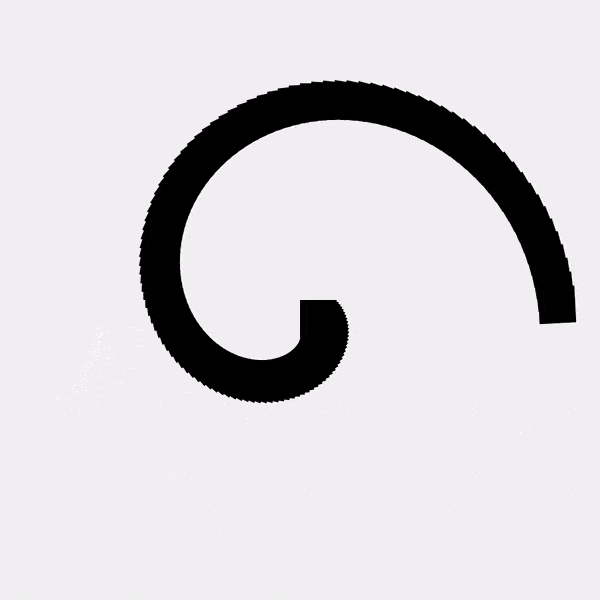
An online community and an online learning experience can never replace the real life experience of studying art within an institution. I mean, it’s a tactile experience, right? It’s a physical experience: meeting people, speaking to professors and making friends through learning. These things are very valuable.
In the beginning of the Corona crisis, I was very optimistic about online teaching because I saw many benefits. For example, when you have an online community, you can basically gather people from all around the world that are interested in a specific topic. So you can quite easily deliver a learning experience for a very specific topic or skill. But over the course of the last months, I’ve learned that this shouldn’t replace the real life experience of studying arts. Meeting people, as well as the physical and tactile experiences, are very important. And I mean, we are human! We are not robots, right?
Adding a digital learning experience as an add-on to a program in an art school can be very powerful though. It’s definitely interesting to keep exploring hybrid forms combining physical and digital education. But in the end there’s nothing beyond having a semester of people to connect with. Just being able to go out together and drink tea or a beer or whatever, that’s so valuable.
I built this online creative coding community, because I was curious to see if that could work. And now I’m very positive and confident about this. I actually made friends through this community, even though we’ve never met in real life. I’m actually connected with them every day, I’m writing emails and messages, I’m having them on the phone, in Skype or zoom calls. We have a Discord channel in which people exchange ideas. So what seems to have happened is that through my person, and maybe even through my personal brand as an educator, I was able to connect people with each other all over the world. These connections allowed us to fix problems more quickly, because actually there’s a lot of expertise in this network or community of learners.
I actually already knew that the programming community on the internet is very collaborative and helpful. Some forums have been there for years and years. Having an online community is really powerful, but at the same time, I would love to see several creative coding groups worldwide connecting in physical events. The Processing community is doing that already. Now that actually is a good example of a very strong worldwide community!
So, you probably notice that I’m currently in a situation where I have started nuancing the super optimistic ideas I had before on ‘going digital’. This nuancing is important to move towards a more ‘realistic’ educational model.

Having a diploma, or anything that you reach for, can be a motivation to dive into fields that you would never dive into if you wouldn’t have to take specific courses in a study programme. That being said, I am not a big fan of the bachelor/master system. Actually, I went back to university just one year ago when I was already 35 to do a masters. And for people like me, this system doesn’t work at all. You know, I did so many projects before, and then I’m being asked to really start from scratch, aligning to the pre-designed school system. Being stuck in that rigid system, to be honest, was exhausting and very difficult for me.
Well, one problem is that there is a timetable, right? There’s a very strict timetable with scheduled assignments. And I am only allowed to submit work that fits into this assignment schedule. But I’ve done so much work before that was a good fit to the course objectives, and I was not allowed to work on self-initiated projects.
I always felt like the teachers looked at me with a little suspicion, as if I was someone who was trying to cheat my way through it, by submitting self commissioned works. Now that’s how you make someone feel bad. I already had a portfolio, I was already teaching in that field for a year, I even had some exposure in the press about my work, and instead of letting me build on top of that, I was forced into a system that I was not really fitting in. That is still kind of frustrating for me. Can you understand what I mean?
FAST45
We think we do, let us try to rephrase it: your frustrations are about the rigid mindset about how you can prove your competencies?
Tim Rodenbröker
Yeah! That’s exactly what I mean. I would love to see bachelor and master programs that also embrace older and more experienced students. Give them the opportunity to submit work in another way, rather than forcing them to spend time on basic courses and things that they actually already know.
FAST45
That also comes back to what you said earlier about reflection. What if you were able to reflect on briefs from your lecturers and then create a ‘remix’ of the brief, or your own brief even, matching your own learning goals to the course objectives.
Tim Rodenbröker
Yes, that’s how I mostly work. I have always worked on self commissioned projects that came out of my intrinsic motivation… And that intrinsic motivation is being suppressed by this very strict master and bachelor concept.
I can give you a perspective on, on my personal utopia, right?
FAST45
Utopia or dystopia, or a mix of both 🙂
Tim Rodenbröker
By nature, I’m an optimistic person. And I would say that my life in 25 years would be best if I could be able to develop a form of teaching that fuses the digital and the physical, and that has answers to what kind of teaching is most effective. And let’s look at the term ‘effective’ not just in terms of the outcome, but also in terms of the personal and psychological development of students. That would be a wonderful goal to have: to develop a form of teaching that empowers young creatives to work curiously with technologies, to be able to question those technologies in an appropriate way, and also to create artifacts and artworks that have an impact in society. Works that show the potential dangers and benefits of new technologies…
FAST45
Could we say that you want to promote technology literacy, and also the creative and critical thinking competencies that will enable your students to use new technologies in creative ways, with the goal of creating a better world?
Tim Rodenbröker
That sounds a bit too bombastic to my liking maybe, but yes, you could put it like that.
Another nice future perspective would be to have a teaching position on the one hand, but also to have something like an experimental community which is not bound to an institution. A community which is completely free from all the political sources that exist inside these institutions, which would give me a lot of freedom in designing this community and shaping it in a way that I find appropriate.
FAST45
Something like a self-organized learning environment?
Tim Rodenbröker
Yeah, for example, take the School for Poetic Computation by Zach Lieberman in New York. That’s a wonderful example of a community that is not bound to ECTS and bachelor degrees. It is a club of people who just have a passion for working with technologies and working together, spending time together, enjoying the benefits of being in a community together. I find that very nice and inspiring.
I would like to point out again that my perspective is my individual one coming from this context of creative coding. And I also want to stress that I believe that all kinds of arts are very valuable and interesting. What I am trying to do is to build a perspective for myself and for my students. I am not in search of a general truth for everyone. I’m trying to find a truth that works for developing myself and my teaching system.
It was really cool to bring these thoughts and ideas to life in this interview. I’m actually thinking about it a lot. I mean, my community currently works very well. It’s really cool to also live from that community, actually I’m completely financially independent now. I think that this is a beautiful role that I am able to play at the moment. So I’m very thankful for this. And I’m also very thankful for this interview. Thanks for that!
FAST45
Yeah, seeing how you work with your online community was quite inspiring for us, and actually triggered us to get in touch with you. And we’ll also remember how you introduced the idea of a personal brand as an educator. That’s an interesting concept to explore. Seeing yourself as a brand actually triggers relevant questions, like what is my mission, what’s my philosophy?
Tim Rodenbröker
Yeah. I mean, we are all brands, aren’t we? Some of us don’t realize it yet, or don’t know how to shape it.
FAST45
Okay, thanks for sharing all this, Tim. We enjoyed this interview very much. Thank you!